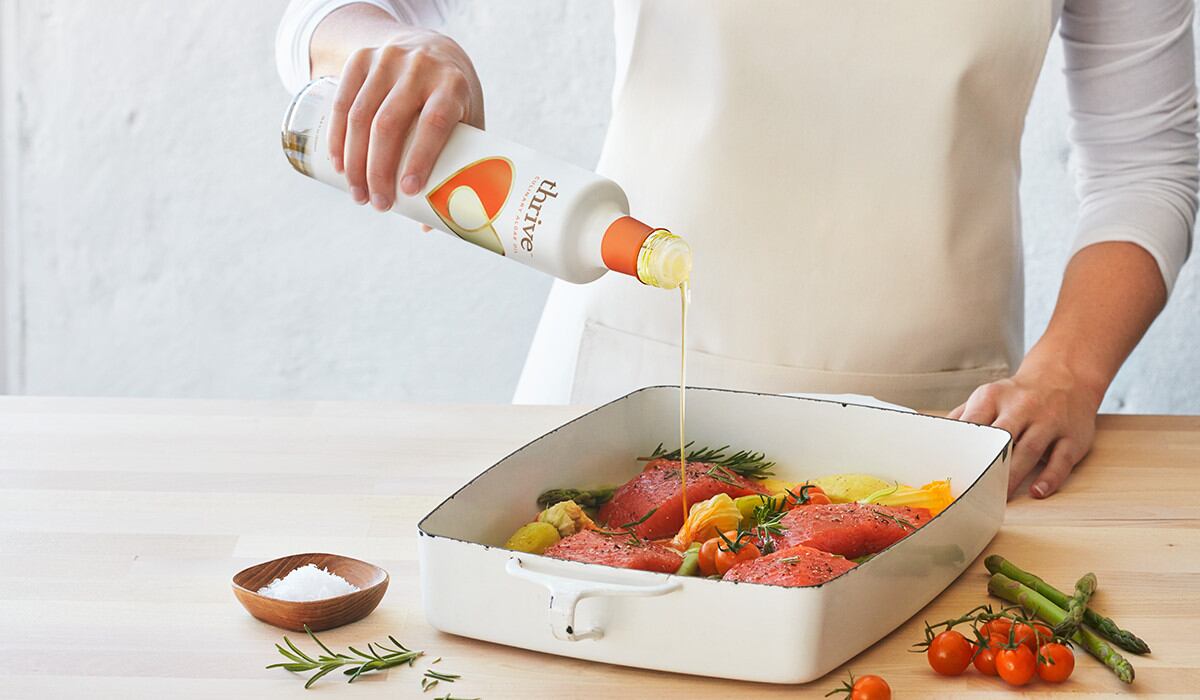Although vegetable and sunflower oils are still the most commonly used edible oils, more consumers are searching for healthy alternatives.
This is what lies behind the popularity of extra-virgin olive oil.
“Usage of extra virgin olive oil is higher than usage of standard olive oil, despite its typically higher price,” Mintel’s report on Yellow Fats and Edible Oils in the UK September 2016 said. “The higher usage of extra virgin olive oil than standard suggests that it is probably seen as a high quality product, as less refined and therefore more natural”.
However, there are other, slightly more adventurous, options for consumers searching for a healthy, sustainable oil.
Flying SpArk, an Israeli company specialising in products made out of fruit fly larvae, is one of those options.
Its fruit fly oil boasts a protein-rich, cholesterol- and gluten-free alternative to commercially available oils, as well as being environmentally friendly. According to the brand, the process uses almost no water, is free from greenhouse gas pollution and waste and has negligible land abuse.
This is due to the short life span of the fruit fly, as well as its self-harvesting and self-cleaning nature.
The product is not yet available to the general public but CEO, Eran Gronich, told FoodNavigator that the response from manufacturers has been positive.
“Our customers are multinational food/ingredients manufacturers; they approached us for samples and [are] now testing the oil. That meaning is that not only that they are not finding the source repelling, they look at insects as legitimate source of nutrients and for us it is a huge validation from the food industry,” he said.
Fruit flies are also a key source of Omega-7 which has suggested health benefits including reducing weight gain, promotes muscle glucose transport and reduces C-reactive protein (CRP).
Flying SpArk said its oil is suitable for use in both sweet and savoury products.
Algae
Another healthy and environmentally friendly option is oil made from algae.
AlgaWise, part of the Solazyme group and the makers of Thrive Algae Oil, is positioning its product as an alternative home-use cooking oil for the health-wise and earth-wise consumer.
Like fruit fly oil, the production of algae oil has a low carbon and water footprint and algae is one of the planet’s most sustainable food sources.

"It's truly revolutionary, that we can take what is a normal crop cycle and compress that into three days," Solazyme senior vice president Mark Brooks told FoodNavigator-USA.
"We can dislocate the production of that oil from a tropical climate to the middle of Iowa in winter and make an oil that is more nutritious and more stable".
The company says its product can be used in margarine and spreads, sauces and dressings, as a culinary oil, in baking, frying and as a spray coating, due to its neutral taste.
It also claims one tablespoon has the same amount of monounsaturated fat as a whole avocado, and 75% less saturated fat than olive oil.
Thrive Algae Oil is available to buy in the US through their website and in health stores.
Whether or not these two alternatives will become more popular than home favourites such as olive, coconut and vegetable oils, remains to be seen as they are not widely available to the European general public just yet.
However, as Mintel’s research shows, consumers are searching for something new and healthy and these could be just the ticket.
